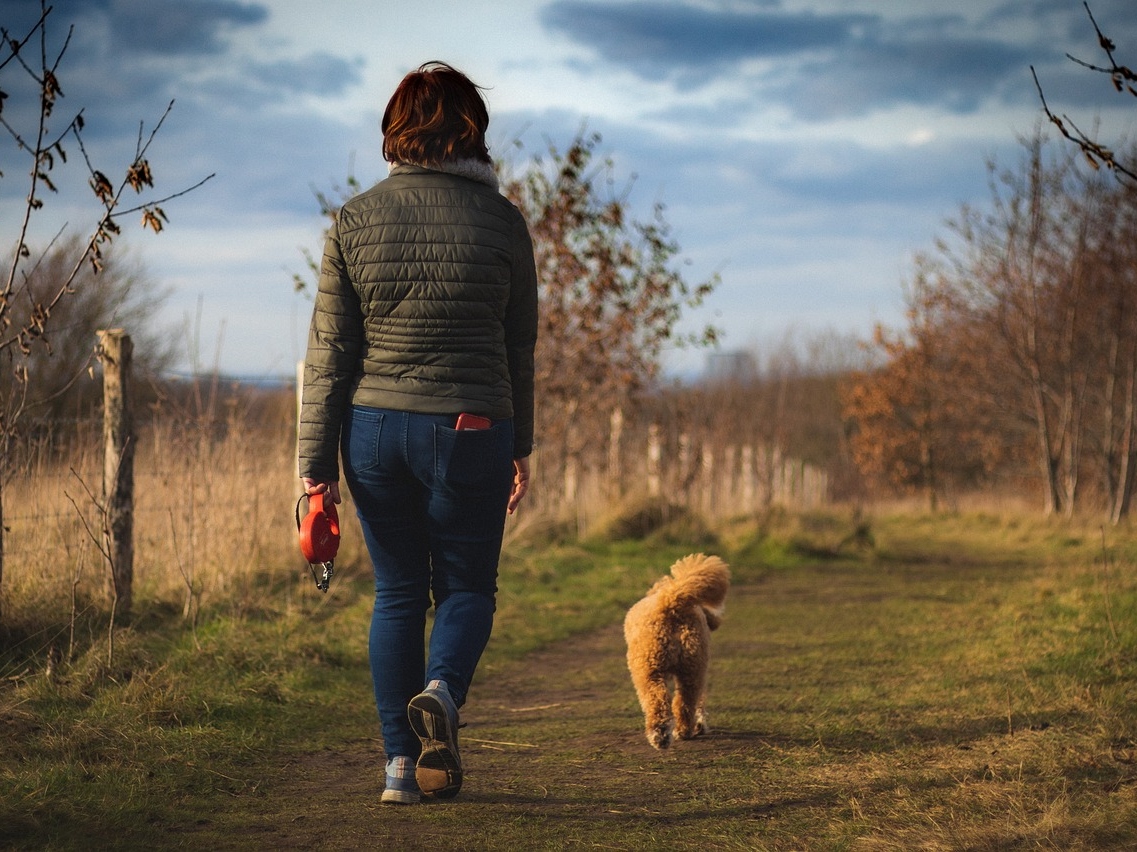Integrative Cancer Epidemiology Group
The Integrative Cancer Epidemiology Group uses epidemiological methods to better understand carcinogenic processes and improve risk assessment for precision prevention.
Professor Montse Garcia-Closas
Group Leader:
Integrative Cancer Epidemiology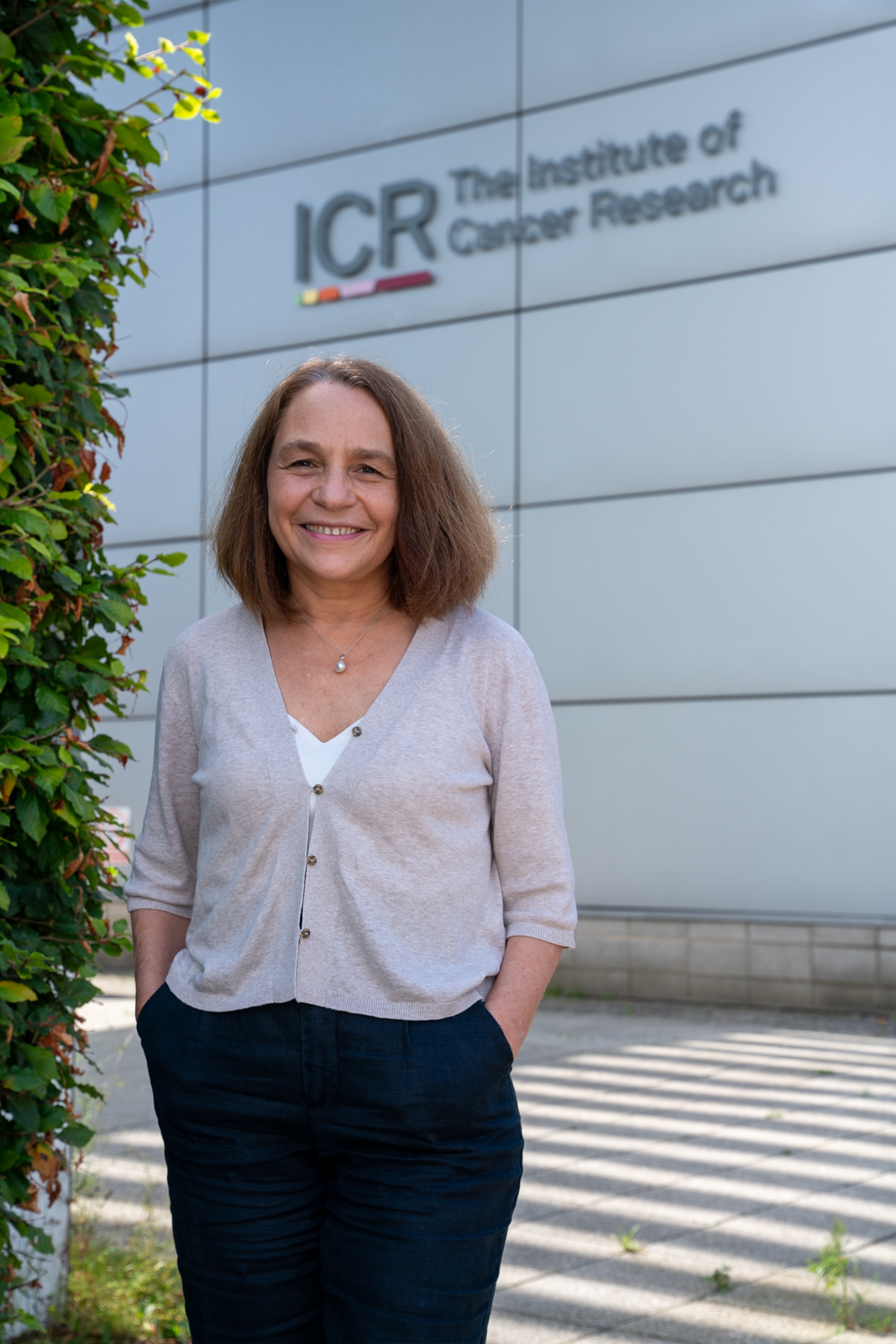
Professor Montserrat Garcia-Closas is physician epidemiologist expert in genetic susceptibility, etiologic heterogeneity, and risk prediction for breast cancer. She co-leads the Cancer Epidemiology and Prevention Unit at ICR and Imperial College, and is a member and leader of several large international consortia in cancer epidemiology.
Researchers in this group
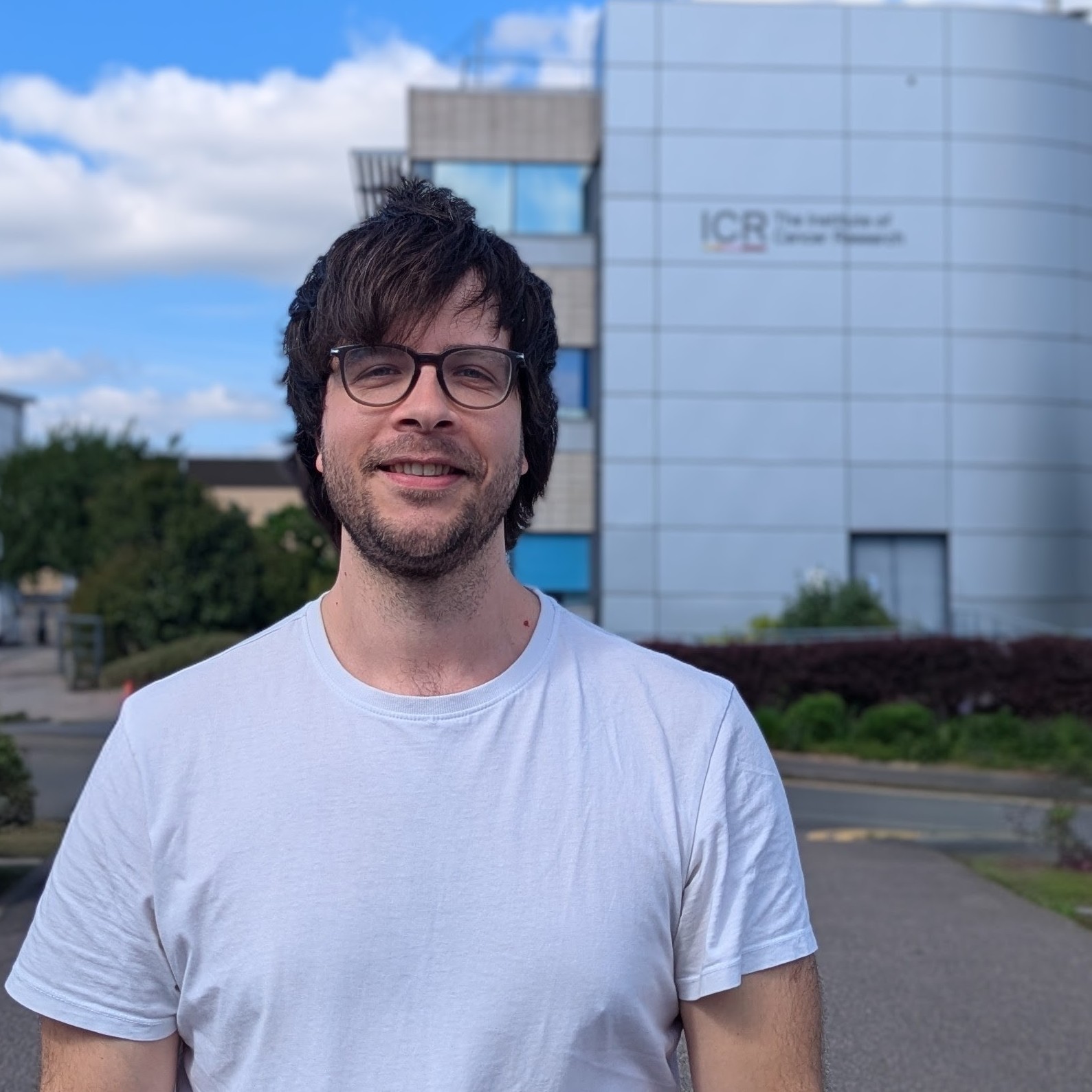 .
.
Dr Daniel Adams joined The Generations Study research team in 2023 with Professor Garcia-Closas. A medical doctor by training, Daniel practiced as a General Practitioner in the South of England after obtaining his medical degree from Semmelweis University in Budapest, Hungary. His interest in data science led to a degree in Health Data Analytics and Machine Learning from Imperial College London. At the ICR, Daniel combines his clinical experience and data science training to analyse digital images of breast tissue using AI. He also conducts statistical analyses for breast cancer survival and risk factors.
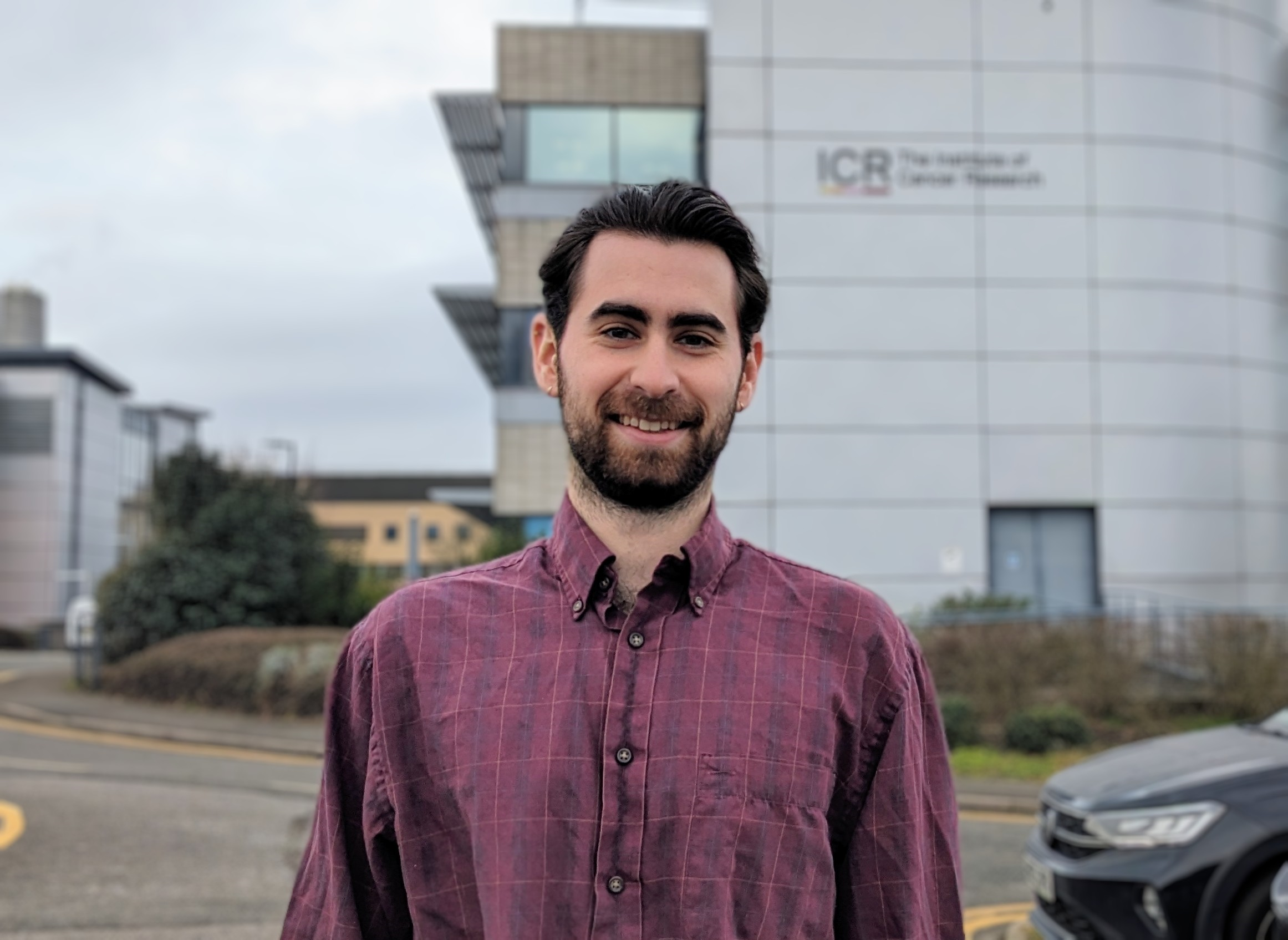 .
.
Email: [email protected]
Location: Sutton
Tal joined the Generations Study research team in 2025 with Professor Garcia-Closas. After professional experience in large-scale automated data pipeline creation and management, he received his MSc in Epidemiology from The London School of Hygiene and Tropical Medicine after completing his thesis on the long-term drivers of interepidemic periods of dengue virus. His work at the ICR centres around creating and managing efficient data pipelines and responsible delivery of data to analysts in alignment with FAIR principles.
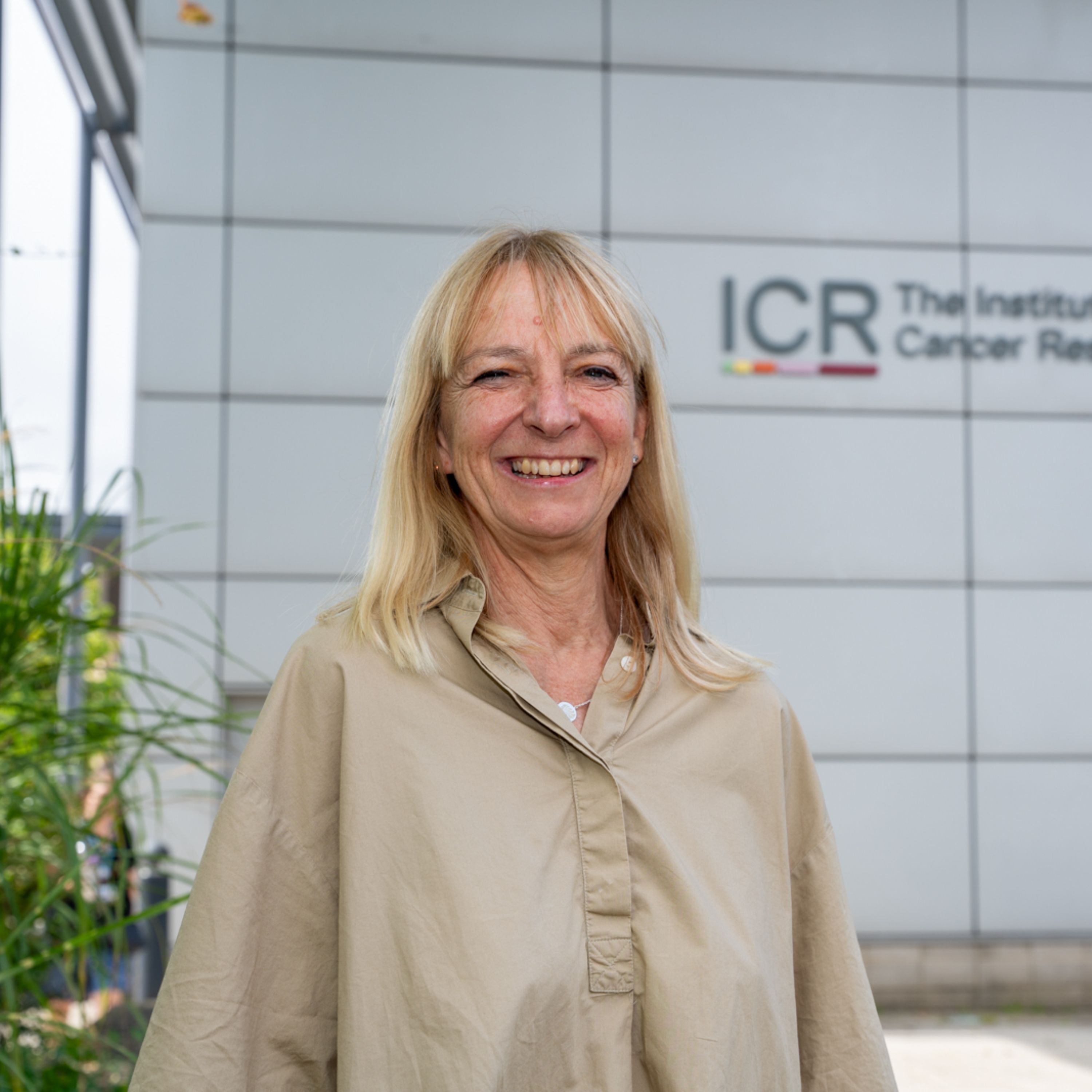 .
.
Penny joined The Generations Study research team in 2010 having transferred from being a Study Co-ordinator on the ICR Cancer Screening Evaluation Team. Responsible for managing pathology and mammographic density data among others, Penny understands the entire sample collection management system. She provides operational support for the day-to-day data collection as well as longitudinal cohort data for the research analysts.
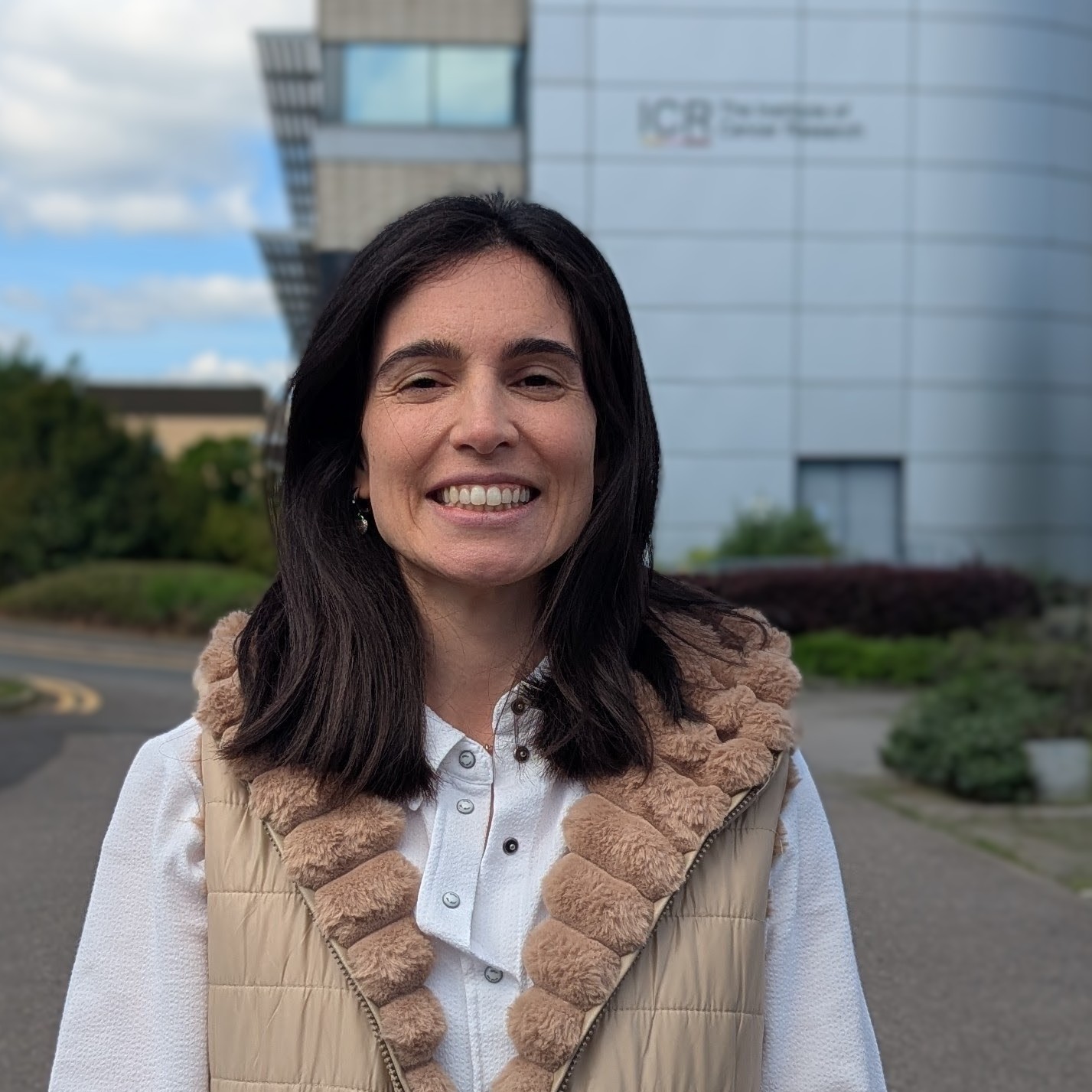 .
.
Ana joined The Generations Study research team in 2024 with Professor Garcia-Closas. A biomedical scientist by training, Ana holds a MSc in Experimental Pathology and has worked at the ICR for nearly ten years. She transferred from the Cancer Biomarkers Team where she investigated biomarkers of metastatic prostate cancer for the development of novel cancer therapies. Ana is responsible for the management of biological specimens and digital pathology processes within the study by establishing workflows and quality control metrics for scanning, storing and analysing the tissue slides. These will be used to understand how risk factors are related to different types of breast cancer, and to identify tissue biomarkers of transformation from benign breast disease to breast cancer.
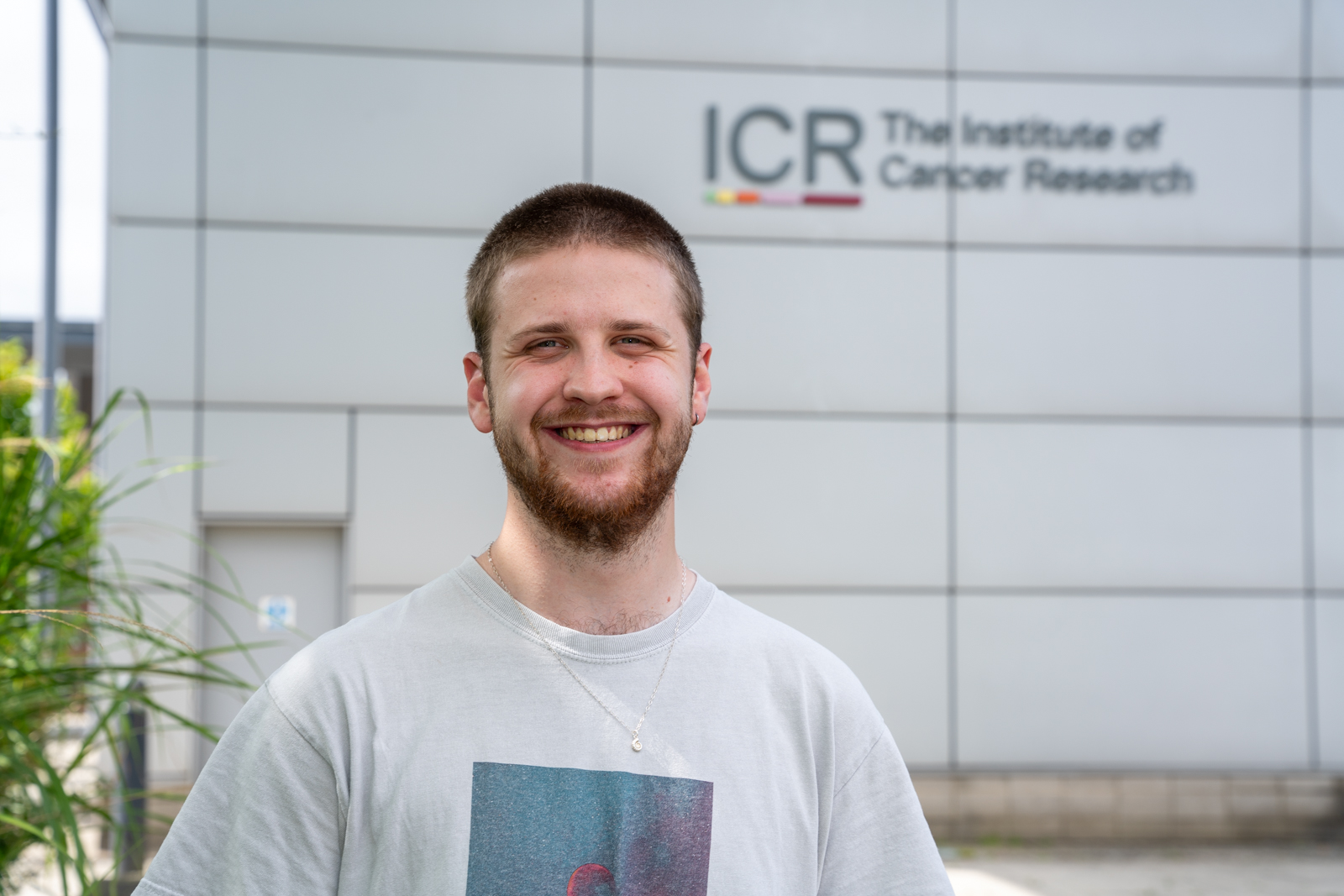 .
.
Reuben joined The Generations Study research team in 2023 with Professor Garcia-Closas. Previously, he graduated from University of Oxford with a Masters in Mathematics and Statistics, completing his dissertation utilizing Markov Chain Monte Carlo methods to phase imputed genetic samples. Reuben's research focusses on evaluating the performance of models assessing breast cancer risk, and collaborating with other groups to improve these models. He also works on descriptive epidemiology studies, working to find patterns in cancer rates and risk factors in the UK population with the view of projecting these trends into the future.
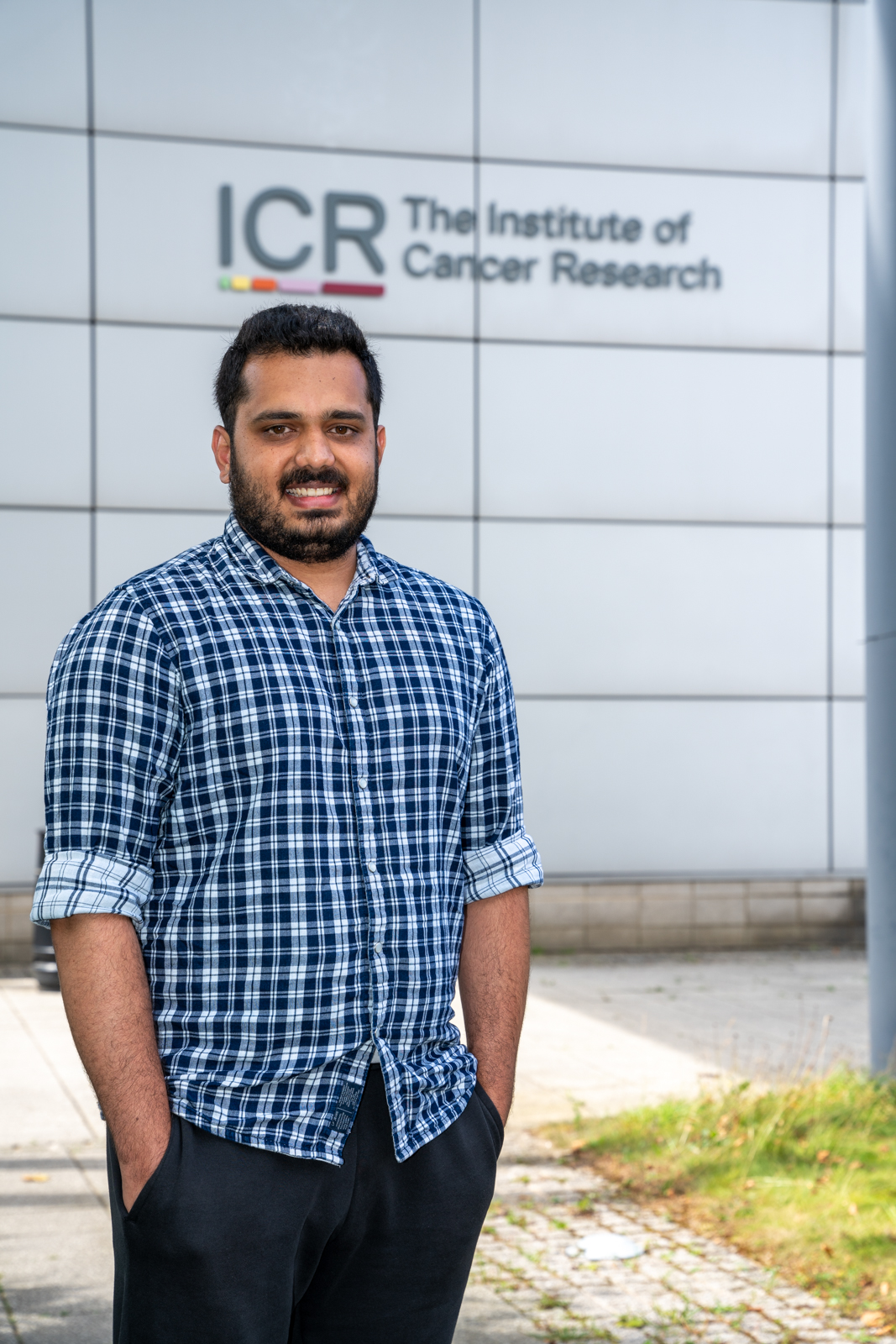 .
.
Sanjay joined The Generations Study research team in 2024 working with Professor Garcia-Closas. He holds an MSc in Data Science from the University of Birmingham and has expertise in Python, Spark, SQL, and MS Azure, along with knowledge in Machine Learning and Large Language Models. Currently, Sanjay is engaged in Data Management and Transformation of Generations Study data systems to improve the use of data following FAIR principles.
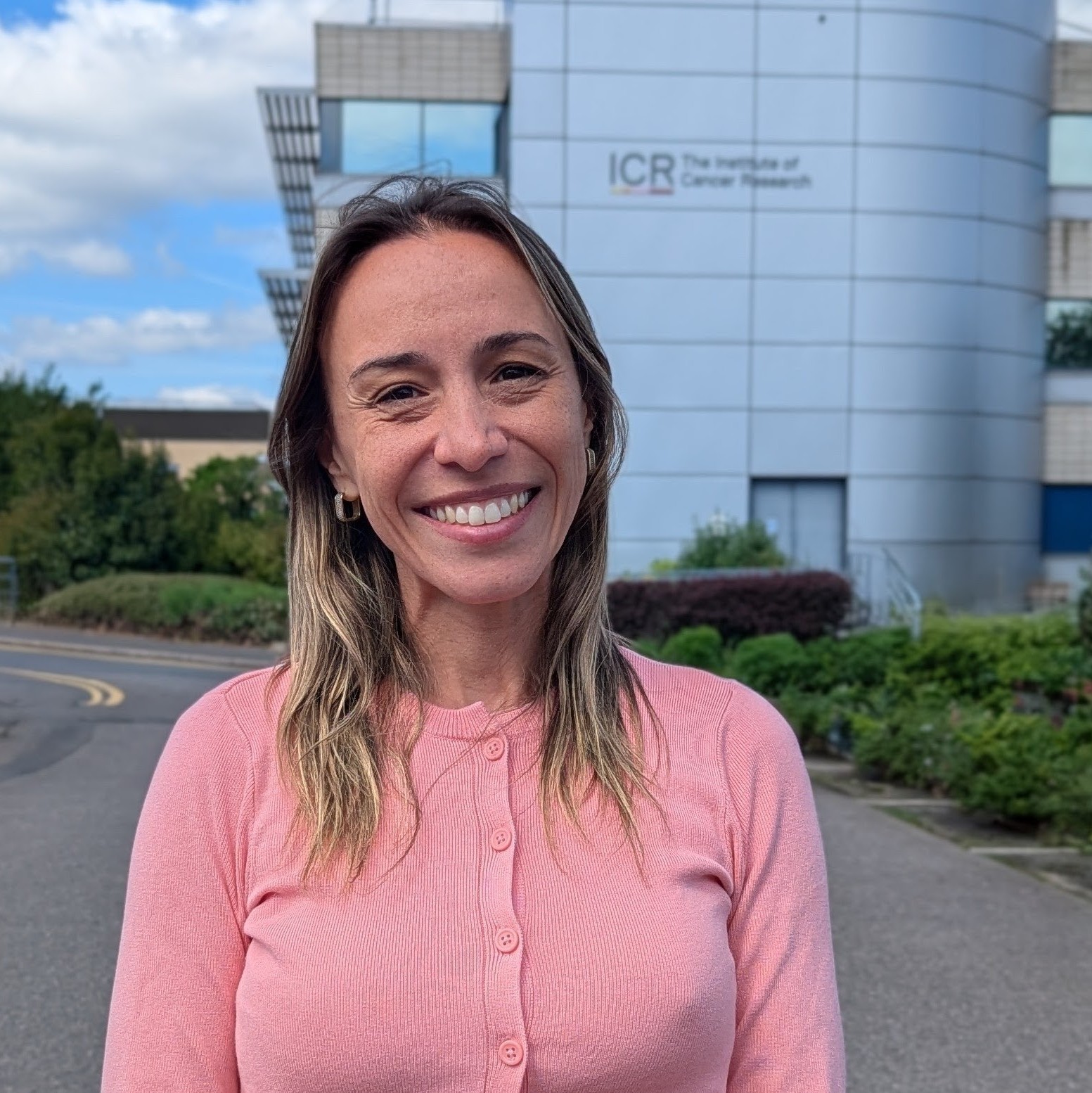 .
.
Nathalie joined the Generations Study research team in April 2025. She is an enthusiastic Staff Scientist with a primary interest in lifestyle research to enhance the understanding of the causes of lifestyle-related cancers and to identify pathways to cancer prevention. She is also interested in the design, management and analysis of large cancer-related epidemiological studies.
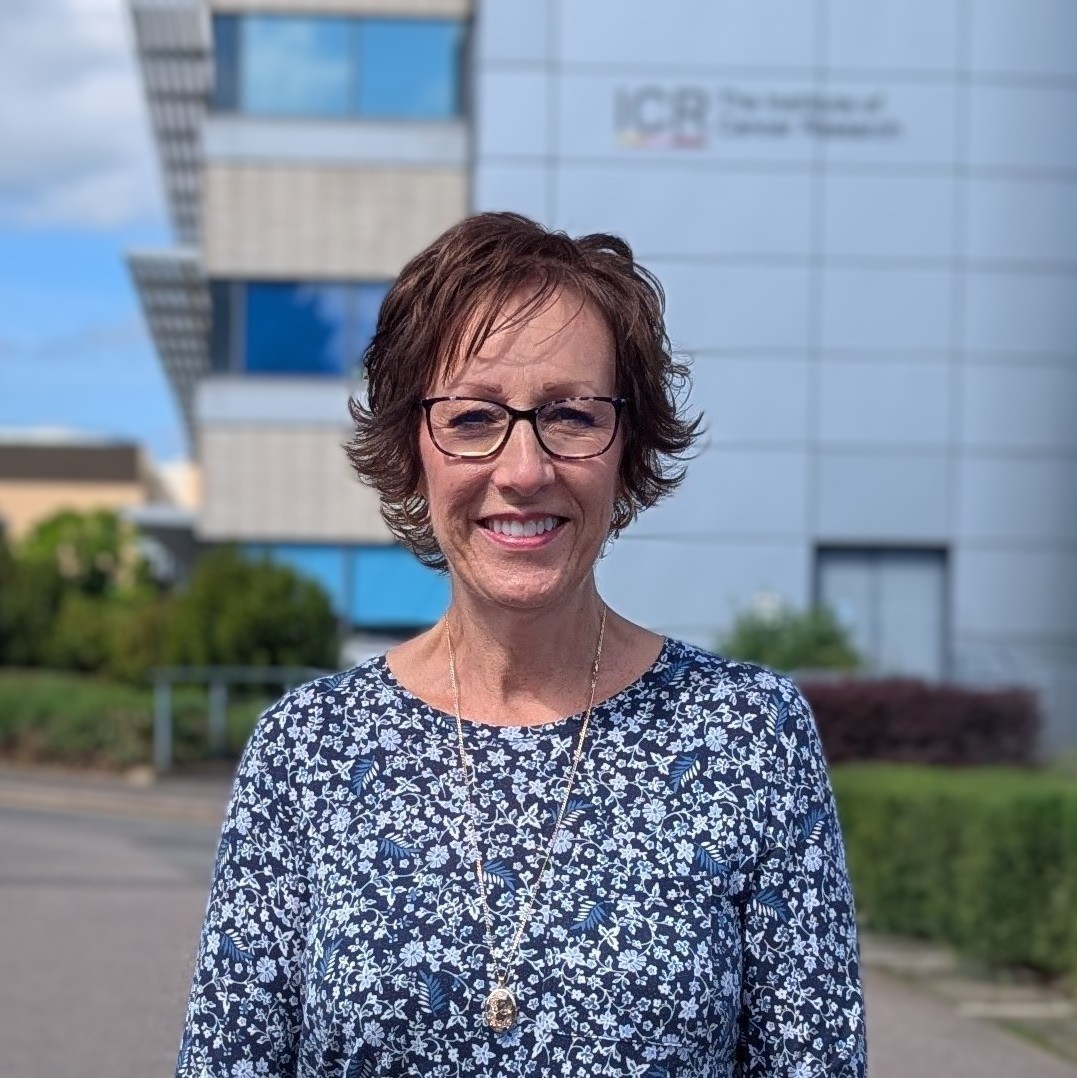 .
.
Jane joined The Generations Study research team in 2010 working as a PA/Research Administrator and is currently working as a Senior Research Administrator. Jane is responsible for the pathology collection of samples and pathology reports. These are requested from hospitals all around the country. Samples and pathology reports have been collected for breast and ovarian cancers. These samples are then processed in our laboratory in order to investigate risk and prognostic factors for these cancers and the data from the pathology reports are used by the study scientists.
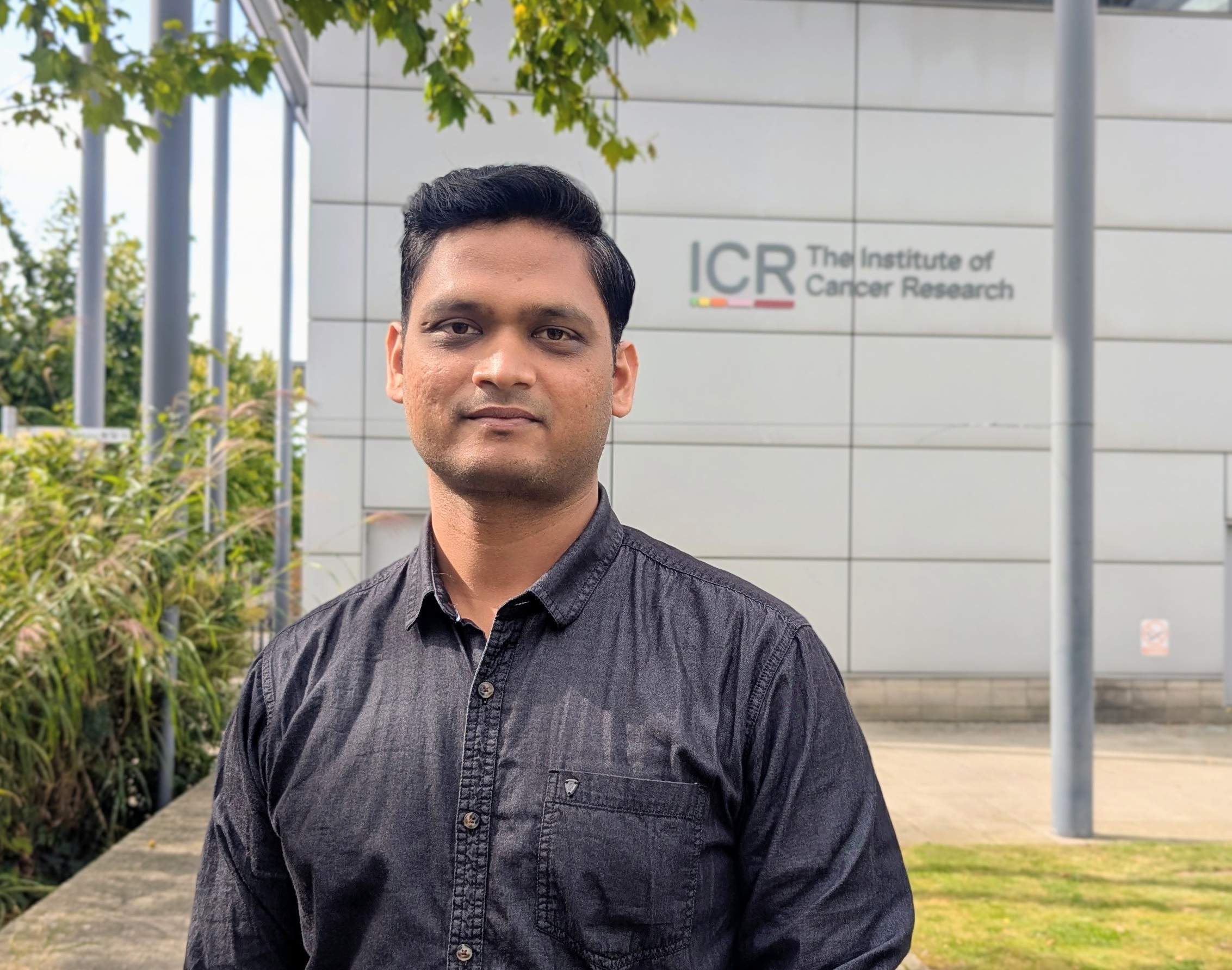 .
.
Email: [email protected]
Location: Sutton
Soumak joined the Generations Study team in 2025 under the mentorship of Professor Garcia-Closas. He holds a bachelor’s degree in information technology and a postgraduate diploma in Business Analytics. Prior to joining the team, Soumak gained extensive data-focused experience at leading IT consulting and technology firms, where he developed expertise in SQL, Python, Google Cloud platform, Hadoop, Spark, and ETL best practices. At the Generations Study, Soumak is responsible for data management, governance, and transformation, with a focus on optimizing participant-facing interfaces in line with FAIR principles.
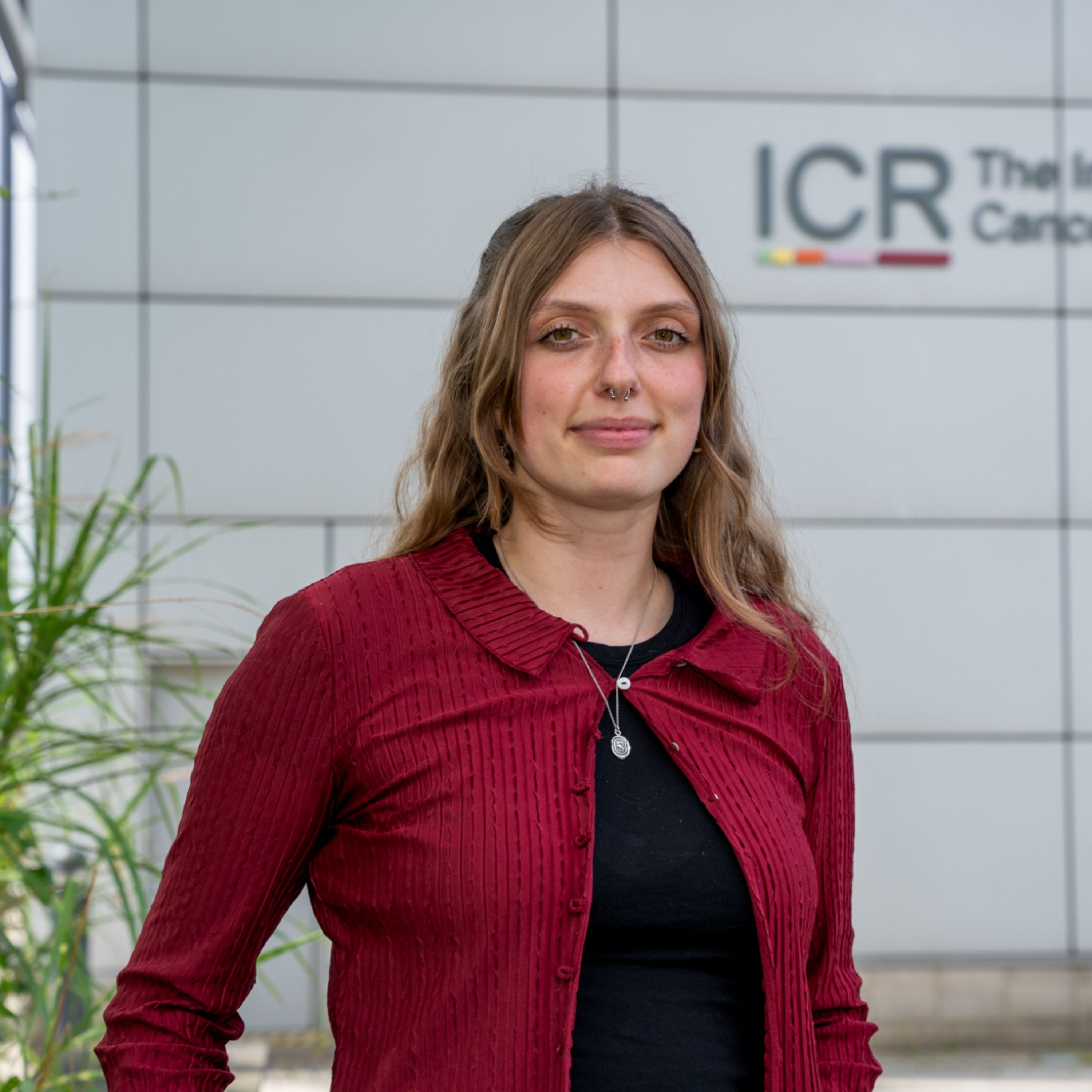 .
.
Zoey joined The Generations Study research team in 2024 with Professor Garcia-Closas. She moved into the role after graduating from London School of Hygiene and Tropical Medicine with a MSc in Epidemiology where she wrote her dissertation on how physical proximity to health facilities impacted implant contraceptive use in Senegal. Zoey is working on increasing study access and awareness of the Generations Study. On the research side, she uses geospatial analyses to identify social and environmental risk factors for breast cancer to identify and help address health inequities through public health policy and interventions.
Professor Montse Garcia-Closas's group have written 608 publications
Most recent new publication 5/2025
See all their publicationsRecent discoveries from this group
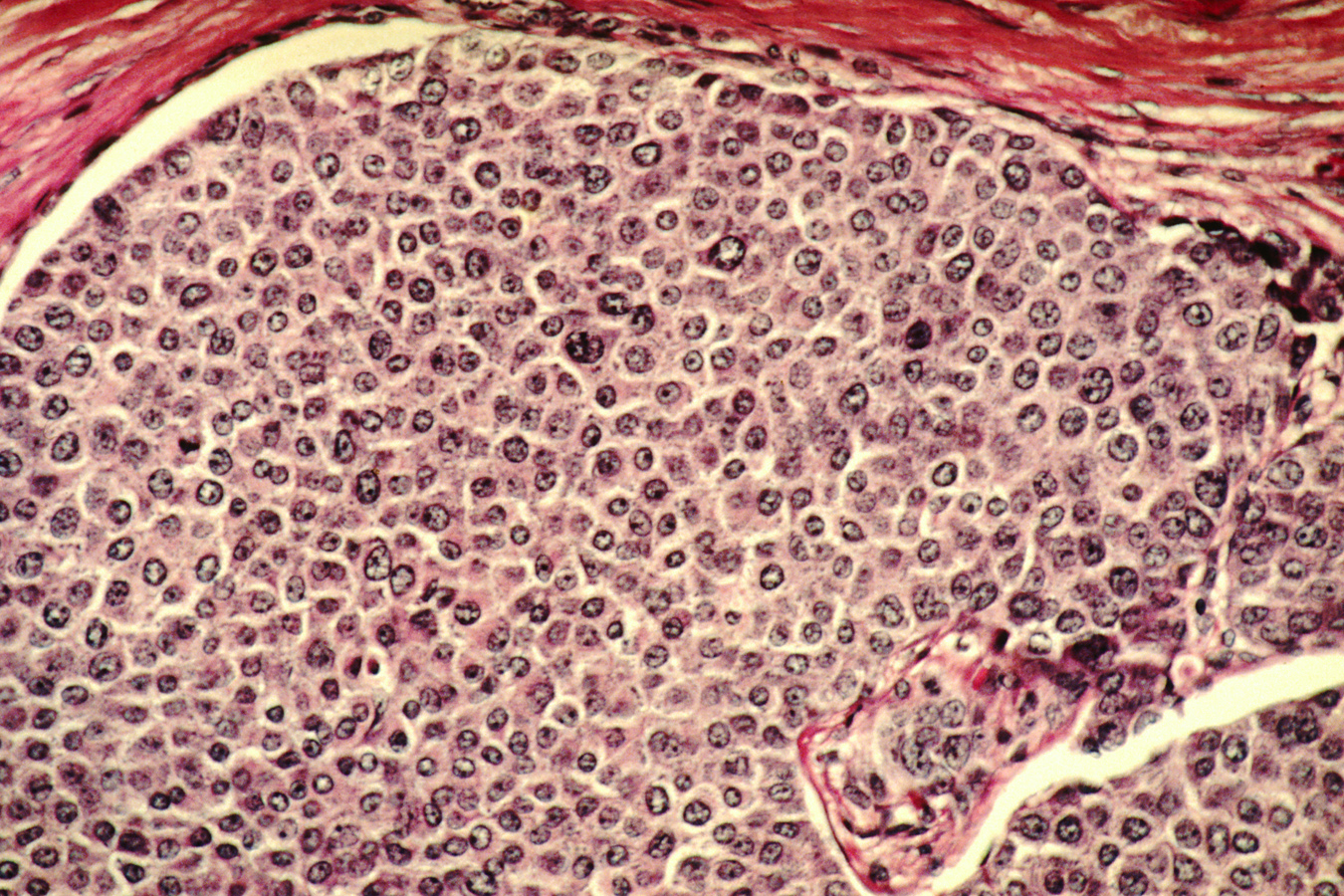
New study confirms hormone’s role in post-menopausal breast cancer risk
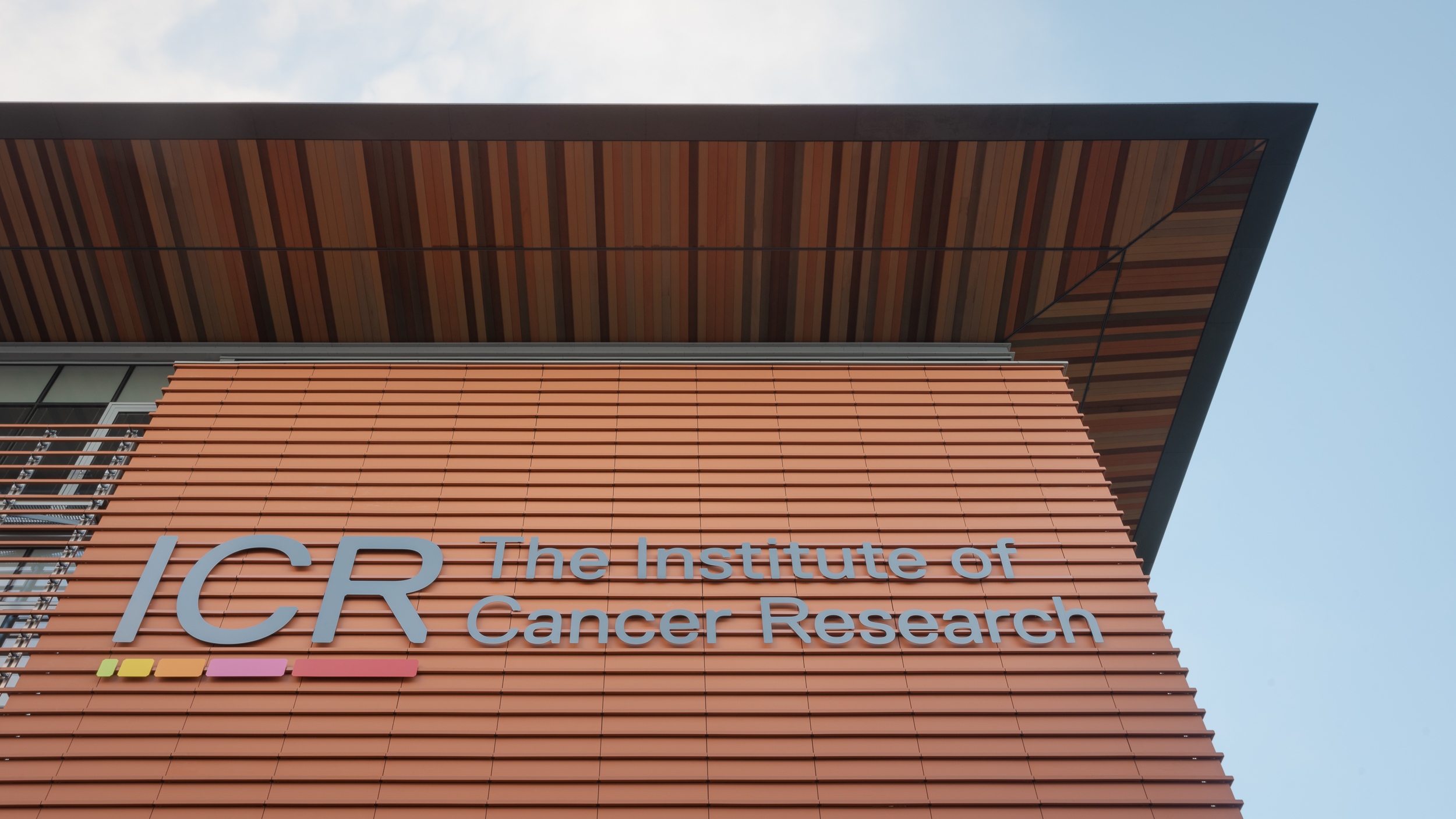
ICR joins £10million AI project to help identify individual cancer risk
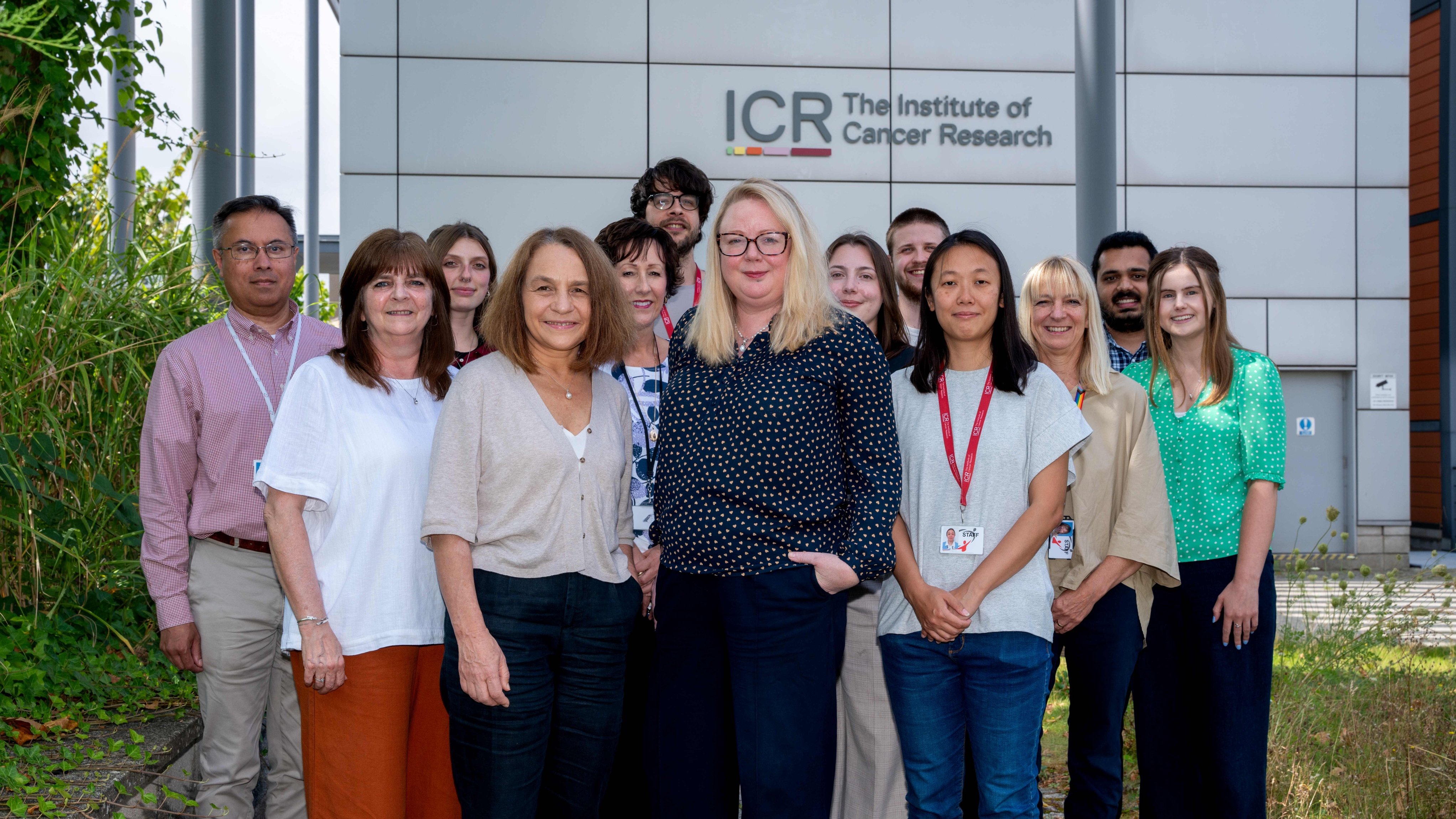
Improved breast cancer risk tools on the horizon as major study reaches 20-year halfway point
